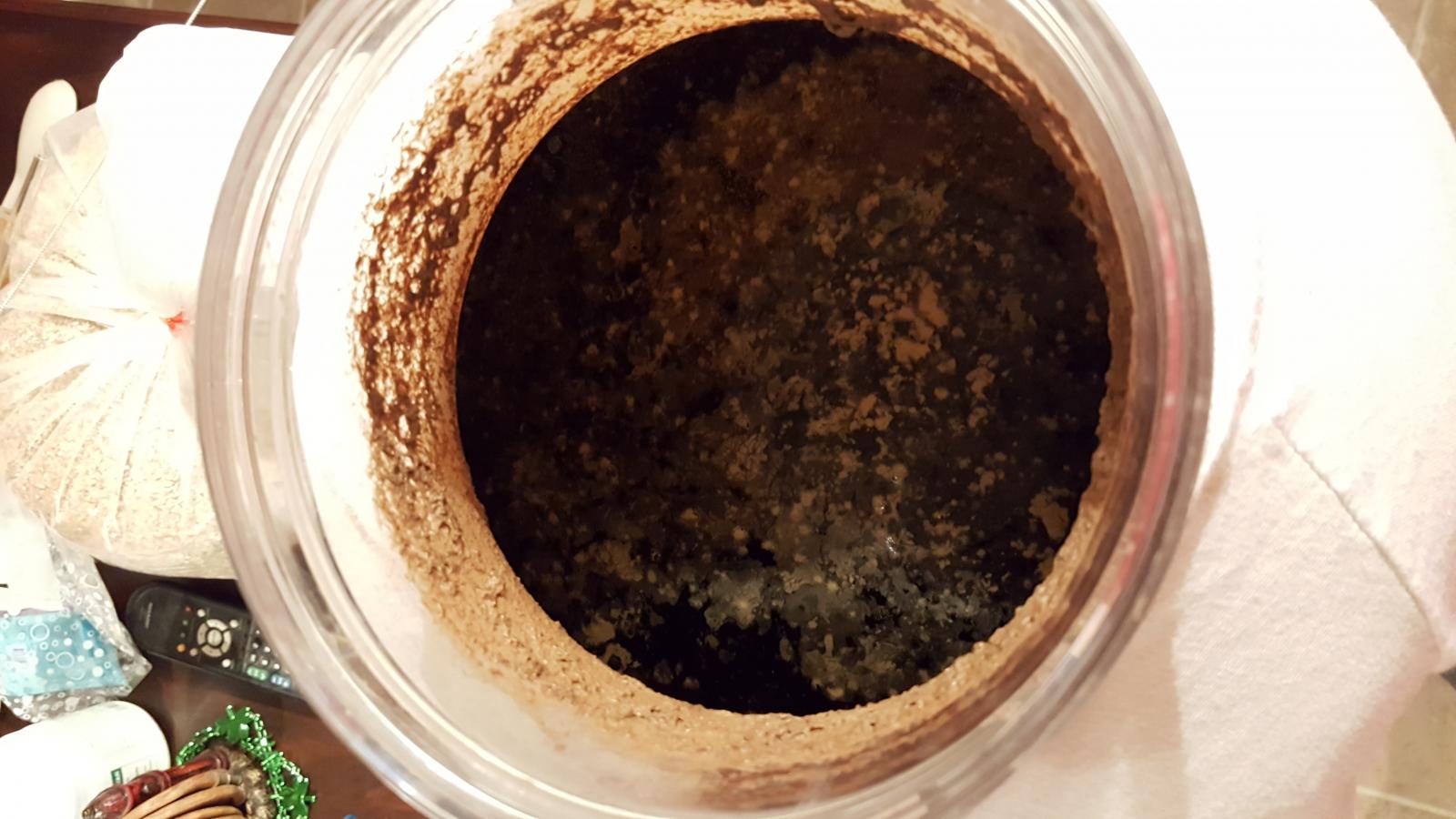AWilliams
Member
So, I brew IPAs for my wife and darker beers for myself. My IPAs turn out pretty well and we're both very pleased with those, no off flavors that I can detect. However, my porters and stouts always have a sourish off taste to some extent that I don't perceive in my lighter colored beers.
I believe my brewing process is solid. I use Brew'n'water for my water profile. I dechlorinate with campden tablets. I generally hit my mash temps. I aerate my wort well and pitch the amount of yeast that Beer Smith calls for. I also have a fermentation chamber to control temps. No amount of time in the fermenter or kegged reduces this flavor. I also had this issue when brewing extract kits.
I'd appreciate any suggestions.
I believe my brewing process is solid. I use Brew'n'water for my water profile. I dechlorinate with campden tablets. I generally hit my mash temps. I aerate my wort well and pitch the amount of yeast that Beer Smith calls for. I also have a fermentation chamber to control temps. No amount of time in the fermenter or kegged reduces this flavor. I also had this issue when brewing extract kits.
I'd appreciate any suggestions.



